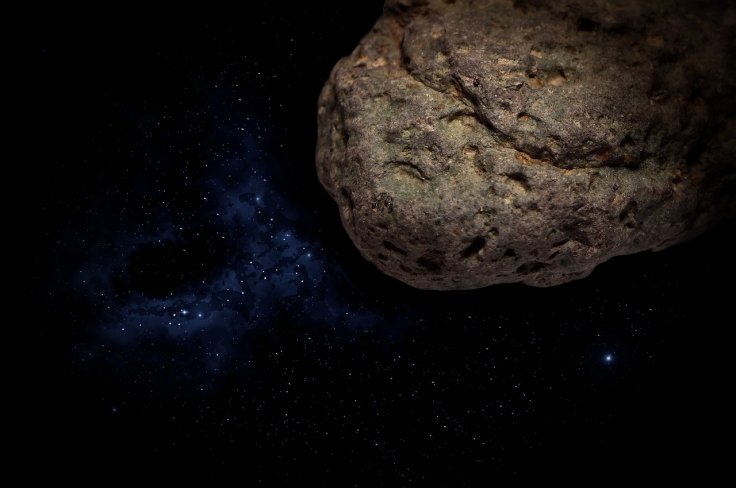
Recently a meteorite had exploded in the night sky over Michigan, leaving the locals astonished. Following the luminous burst of the rare meteor, NASA had even published a map, which had the possible locations, as to where the fragments of the meteors could land. Meteorite enthusiasts, from all over the United States had gathered around Detroit in search of such fragments and now, they have found it.
The first fragment of the meteor was discovered by two professional meteorite hunters, named Robert Ward and Larry Atkins from Arizona, informed the American Meteor Society. While Ward runs an organization called the Robert Ward Meteorites, Atkins is the owner of Cosmic Connection Meteorites.
"It's a really spectacular specimen. Two days ago, this was hundreds of thousands of miles past the moon, and now I'm standing here holding it in my hand. It's been a real good day," Ward told Popular Mechanics, after finding the first piece
According to Ward, he made use of the Doppler radar, useful information from the eye-witnesses and seismic data to locate the possible landing sites of the meteorite fragments. As per this meteor hunter, over the years, he has accumulated more-or-less 600 meteorites from across the globe.
Other than Ward and Atkins, three pieces of the same meteorite have been collected by the Longway Planetarium astronomers, stated the report.
According to the publication, one New Yorker, named Darryl Pitt has announced a prize money of $20,000 in exchange of a recovered piece of the meteorite and its weight has to be at least 1 kilogram. Pitt is a meteorite consultant, who works for Christie's auction house. His aim is to make more people interested in recovering the fragments. "I want to motivate more people to look. Meteorites are extraordinarily rare and the world is just coming to terms with how special they are," stated Pitt.
Also Read: Scientists spot supermassive black hole eating gas and burping; Milky Way to burp soon too?
According to a NASA scientist, the meteorite, which broke apart near about 20 miles above the surface of the earth, was 6-foot-long and its weight must have been over a metric ton. He also added that the meteor must have traveled around 40,000-50,000 miles before entering our home planet.









